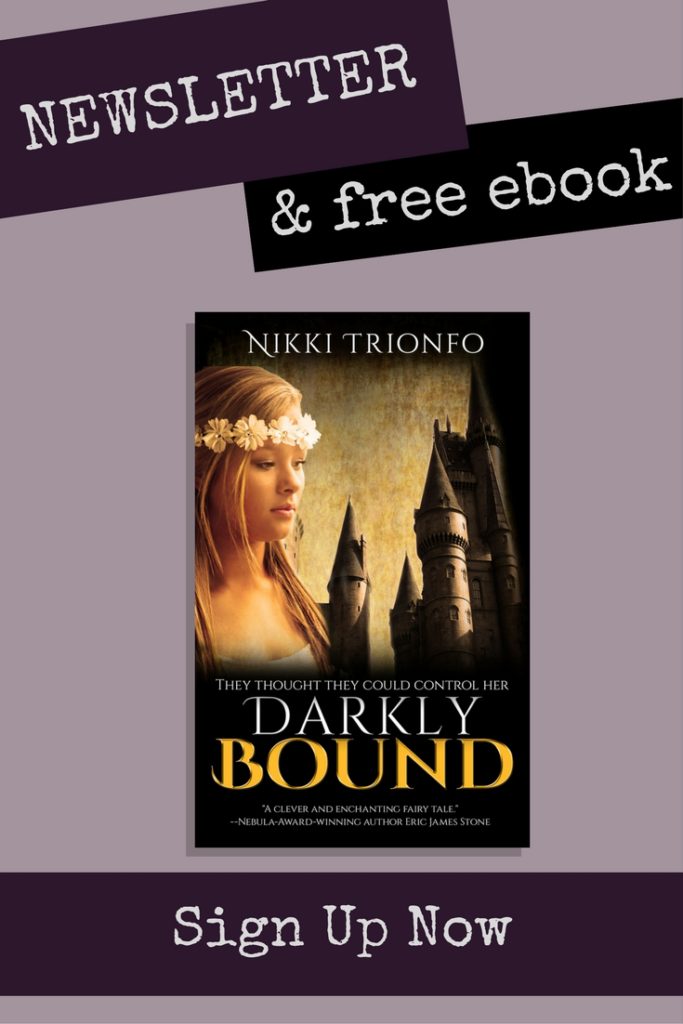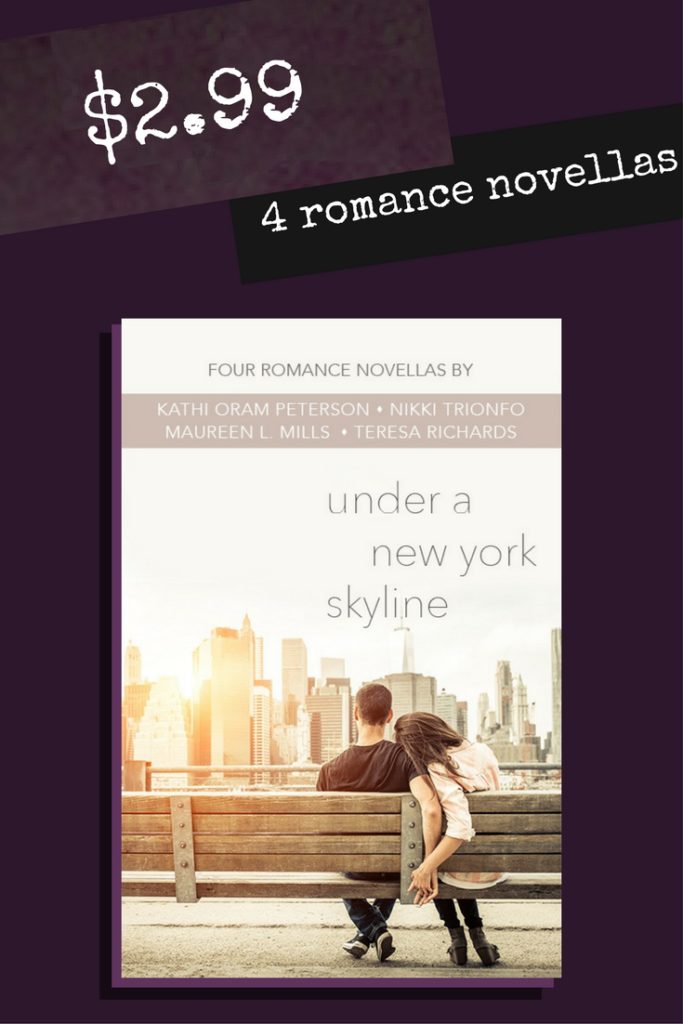Finally! Post III on Diversity!
(Click here for Part 1 or Part 2)
No more talking about Mormons and gays, it’s time to talk L-O-V-E, specifically how The Grapes of Wrath stole my sixteen-year-old heart.
I was like, “You go, depression-era workers!” In their honor, I turned my back on land-owning California cheats, even the ones still alive. It wasn’t hard. Growers were white and old and lame. Field workers—mostly Hispanic those days (and these)—had Maná and La Macarena on their side.
I felt awesome for three seconds.
Then realized I was the granddaughter of a white, land-owning California grower.
My grandpa gave me thumbs-up during most of my tennis matches and already had the cancer that would kill him. He wanted to live to see me get married. He would make it. Barely.
I didn’t feel just dumb for my thoughts. A part of my childhood–the black-and-white part–died.
Growers were bad. Grandpa was a grower. Grandpa wasn’t bad.
It turned out Grandpa’s father was raising cattle during the depression and sneaked into the prosperity of the WWII era with only a quarter of his land, selling off the rest to feed three generations.
I was relieved. That was the answer, right? My family fell into the “good” side of a desperate struggle in a desperate time because they lived in relative poverty.
But, wait. My mom became a school teacher, like her mom and her mom’s mom. She married an electrical engineer. Two of my brothers became doctors. My sisters and I married professionals. I’m about to be an author (note: this is my blog and I can predict the future however I want: so I’m about to be an author, got it?) My family did not live in relative poverty then or now.
Does that mean we were in the “bad” camp?
Someone belonged in the “bad” camp, right?
I couldn’t find an answer I liked.
Meanwhile, I lived. I wrote a novel. I rewrote it. I re-rewrote it. (I re-, re-, re-, etc.) To abate jealousy, I read lots of nonfiction and stumbled on There is Power in a Union, by Philip Dray. It’s great and it has fires and bombs in it, so you should pretty much read it today. Part of the ground it covers is the debate still raging between field-laborers and growers.
Laborers want more pay. Growers want more profits. Grocery stores and customers want cheap produce. Hitch is, there’s only so much money to go around. There are race issues and illegal-worker issues and health concerns over pesticides. Police have arrested labor-bosses for imprisoning workers as slaves. Poverty breeds crime and gangs. An illegal-status keeps some from turning in drug dealers or getting their own kids immunized from disease.
I was amazed. I thought, “Someone should write a book about this.” (Well, beside Philip, who already did.) Because, seriously, I understood my conflict after reading John Steinbeck. Class-tension and culture-duels were my childhood. They were the underbelly of sleepy little Manteca, California where I grew up—the underbelly of the whole state, the whole nation. How the heck do you solve all that? Okay, forget solving it. How do you even grow up in it and keep from hating the other side, or making them hate you, or misunderstanding each other forever? Can you? Did I?
Well, did I?
I told myself that someone who was smart and well-rested enough to tackle those questions in novel-form really ought to. Someone who’d witnessed gangsters gun each other down, or who could at least stomach a scene like that on TV. I cringe at the F-bomb. I mentally cheer when a female movie character wears modest clothing. (Like, thanks for not objectifying us. Like, bring it on, modern feminism.)
As I said, I’m a writer at heart. I started a story set in D.C. about conspiracies that were going to involve, I don’t know, ambassadors and financial fraud. The plot felt forced and my writing stalled.
Instead I found myself reading the childhood experiences of jailed POC gang bangers and second-generation migrant workers. I watched documentaries of teen gangs in El Salvador and read up on Mexican and Columbian drug cartels while listening to rap artists with names like King Daddy Loco. Oh my gosh, the language was so bad. So offensive to women. So clever. Like a Mona Lisa made from cat vomit. I stopped listening.
And I did something I thought was crazy.
I threw out nearly everything in my plot—changed names, ethnicities, settings and story-arcs. I practiced writing from different races’ POV and spent hours practicing a version of Hispanic gang-dialogue entirely stripped of cussing. Scenes based on my teen years came out of me—scenes of guns drawn on me and my best friend and an eight-year-old shot through a living room wall because the gang members didn’t get the freaking address of their enemy correct.
I had the chance to reevaluate childhood fears based on experiences as a parent and teacher, something I hadn’t taken the time to do in such detail before. I pictured my most hardened students, the ones with homeless parents and cops following them out of class. As a writer, I had drawn characters from these kids—kids for whom I ached—and had literately written them into a corner, a definition. They were VILLIANS.
I rewrote the whole plot again.
Because, dang it, there has to be some hope out there, I don’t care how bad the world is. Your life’s position doesn’t make you good or bad, you do.
I ended up with a YA mystery that’s all about sleuthing and snarking and the inherent mistrust of California’s two worlds, as I remembered it. There’re bombs and fire in it. There’s the great and holy DIVERSITY which we writers are told we must have or we’re anti-Ghandi. And since this article is about how to write with diversity, here’s my take on it finally:
Write. Don’t skip the stuff that’s hard or uncomfortable or requires research. Religion, politics, biases, stupidity, frailty, culture-clashes, sorrow—it’s all fair game.
Read and have others read. Find the messages embedded in your writing. You might learn you’re not as noble as you thought.
Dig deep. Decide what you really believe.
Rewrite. Put your true self out there. Own it. There’s only one you. That’s as diverse as it comes.
And as brave.
Good luck and enjoy the journey!




10 Responses to Only One You: How to Write with Diversity